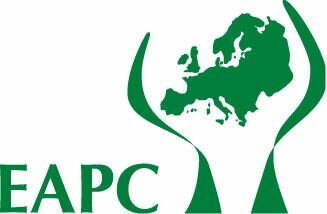|
Preparing for your European stage/placement A guide to useful websites |
|
|
Rough Guides publishes guides to hundreds of worldwide destinations. Visit their website at www.roughguides.com and search the database by city or country and download much useful information about your destination. Choose ‘Basics’ and find out about local banking hours, travel from the airport, emergencies, etc. The UK Council for International Student Affairs (UKCISA) www.ukcisa.org.uk publishes Guidance Notes for Students – international students and culture shock. These useful guidance notes may be helpful to anyone living or working in a foreign country; they are available to download free of charge from www.ukcisa.org.uk (Follow the links: Advice to UK students, Language and Culture, View list of information sheets). UKCISA also provides links to Country specific sources of information providing organisations or websites with information for international students. Visit www.ukcisa.org.uk and choose Advice to UK students. Finding out more about palliative care in the country you are visiting
Learn the language Build up your confidence before your ‘stage/placement’ by listening to radio and television programmes in the language of the country you are visiting if you have access to these. And read anything available in the language too. There are some excellent language learning opportunities on the BBC website.
Other useful resources on the BBC Languages website include:
While great care has been taken to ensure the accuracy of information contained in this document, the EAPC is not responsible for the content, views or accuracy of information on external websites. June 2008. |
